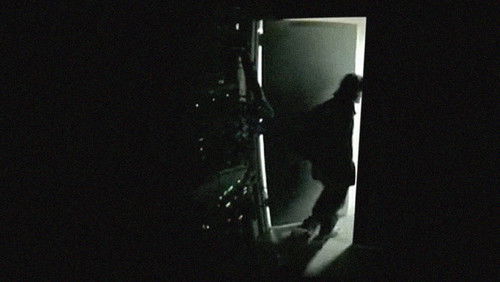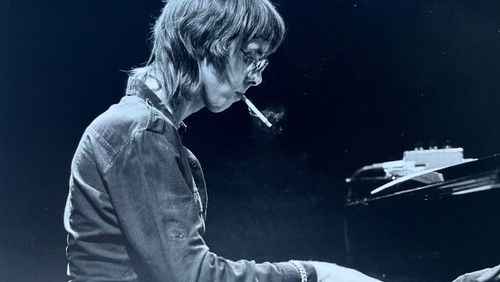A Fanatic Heart: Geldof On Yeats (TV Movie 2016)
35KA Fanatic Heart: Geldof On Yeats (TV Movie 2016). 1h 40m
“W. B. Yeats is chiefly remembered for writing THE poem commemorating the Easter 1916 uprising. In u0026quot;Easter 1916u0026quot; he refers to the idea of u0026quot;a terrible beauty is born,u0026quot; a line as complex as it is memorable.u003cbr/u003eu003cbr/u003eWritten and presented by Bob Geldof, A FANATIC HEART went some way towards explaining Yeatsu0026#39;s complex personality, and thereby helping us to understand what the poem actually signifies. Born to a Protestant family, Yeats grew up in an environment dogged by poverty yet enlivened by artistic creativity; his brother Jack was a famous artist and Olympic medalist. Yeats spent much of his formative years roaming the Irish landscape, and by doing so discovered some of its enduring significance embodied in its myths and legends. The past inevitably held sway over the present, and it was important to acknowledge oneu0026#39;s heritage. Hence Yeats became part of the movement seeking independence from Britain in the late nineteenth and early twentieth centuries.u003cbr/u003eu003cbr/u003eThis is an important point to bear in mind; for many of us the 1916 rebellion is inevitably identified with Pearse, Connolly and all those Roman Catholic nationalist rebels who took over Dublinu0026#39;s General Post Office and proclaimed Irish independence. Yet there was also a substantial group of Protestants seeking similar objectives – not through violent means, but through legislation, especially the Home Rule bill. The British government had agreed to pass it, but the act had been put on hold for the duration of World War One. Yeats was one of those seeking to restore it to the forefront of the agenda.u003cbr/u003eu003cbr/u003eWhen confronted with the fact of the uprising, Yeats was doubtful whether it made a lasting contribution to Irish independence. Hence the use of the oxymoron u0026quot;terrible beautyu0026quot; in the poem – while it might be wonderful to see Irish men and women taking to the streets to resist the colonial power, their action was accomplished at a great human cost. Over two hundred and fifty civilians died during the six days of the rebellion.u003cbr/u003eu003cbr/u003eWhile Yeats was eventually to become a member of the new government set up after 1922, he was seldom happy in his post. For him it seemed that Ireland was becoming subject to a restrictive Roman Catholic regime that stifled rather than promoted creative thinking and/or dissent. Always an opponent of the premier Eamon de Valera, he resigned from the government and spend the rest of his days as a celebrated poet.u003cbr/u003eu003cbr/u003eGeldof obviously had a great enthusiasm for his subject, as well as an enduring resentment of what had happened to Ireland since 1922. The country might have achieved independence, but at what cost? Sometimes Geldofu0026#39;s script seemed a little florid in tone, with his talent for words running away with him somewhat, but this shortcoming was offset by his willingness to find out more about his subject. This was not just about Yeats, but Geldof himself.”









